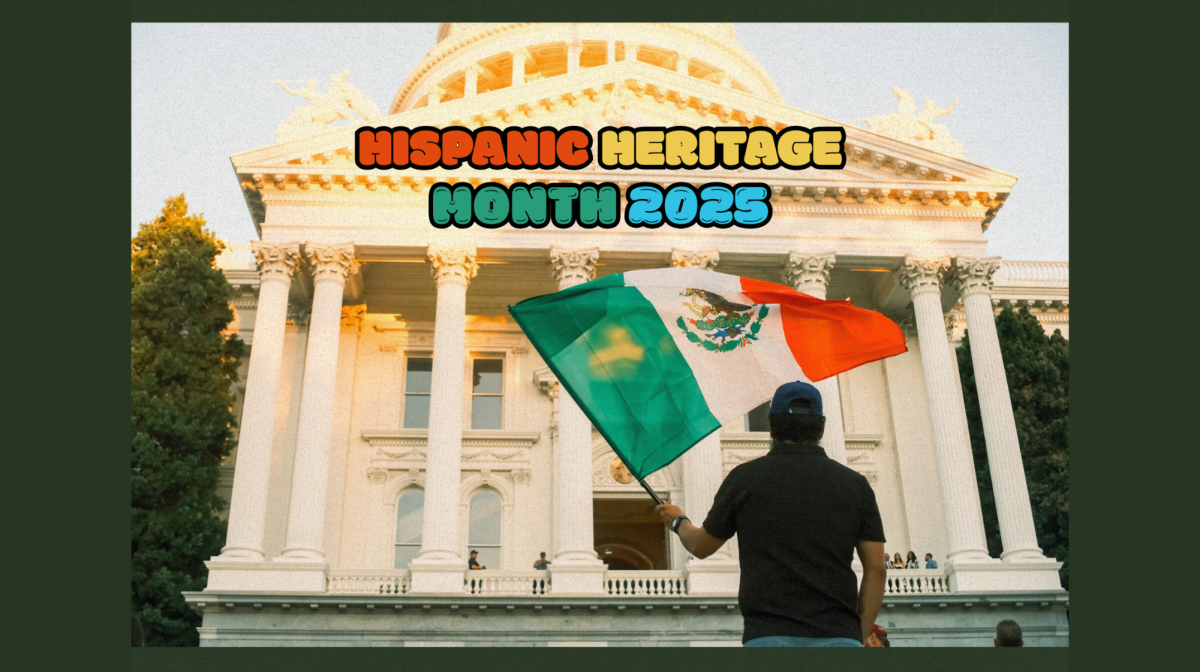Fellowship gives new perspective
April 28, 2010
International experience is no foreign subject for Shadi Karajeh, junior international relations major and member of the Epsilon Sigma Rho fraternity.
“I have a very international background,” Karajeh said. “My parents sent me to live in Jordan for a year with my grandparents, and between fifth and seventh grade I lived in Syria.”
Karajeh’s father worked with the United Nations, so while traveling between the Middle East and America they’d visit different European countries.
Karajeh, a Muslim Palestinian-American, said his interest in world politics is a result of his heritage. By nature, Palestinians are very politically active because of their history. Their activism isn’t exclusive to just the current conflict in Israel, but all social injustices, he said.
In summer 2009, Karajeh spent three and a half weeks in the Balkans region in Eastern Europe as a participant in the Abraham’s Vision Fellowship, specifically the Vision Program the fellowship offers.
The Vision Program is intended for Jewish-American, Palestinian-American, Israeli and Palestinian college students. It’s open to 12 individuals – six Jews and six Palestinians – and usually accepts six men and six women.
While in the Balkans region, which includes the former Yugoslavia, participants witness firsthand the reconciliation of the Balkans wars of the 1990s. After the breakdown of Yugoslavia, suppressed ideas of nationalism started to surface, causing conflicts among Serbia, Bosnia, Kosova and Croatia. Violence ensued shortly after, Karajeh said.
Karajeh applied for the fellowship because he felt the program would be a good opportunity for him to channel his energy into something productive. By going to the Balkans, he hoped to find parallels between the Israeli-Palestinian conflict and the previous conflict in the Balkans.
Fellowship members stuck to a daily routine, which began with waking up in a hotel and getting breakfast, followed by a full day of guest speakers, workshops and group process.
Karajeh said the groups explored topics, such as international law, use of force as opposed to diplomacy, reconciliation strategies and other moral issues.
Nights were spent interacting with the locals, sightseeing and taking up the culture, Karajeh said.
“What I was learning in the workshops we would really learn about at night,” Karajeh said. “We’re not stuck in California; we’re there where the conflict was so we definitely got immersed in the culture and in the conflict.”
While in Serbia, Karajeh saw the leftover destruction caused by the 1999 bombing of Serbia by NATO forces.
“These aren’t rich countries,” Karajeh said. “Life went on and they just worked around it.”
Karajeh said he was reluctant to tell locals in Serbia he was an American, but in Kosovo it was a different story.
“People in Kosovo love us. They love America,” Karajeh said. “They have American flags everywhere.”
Karajeh said he had reservations about spending the Fourth of July away from home, but his concerns quickly diminished.
“I asked the hotel attendant if he knew where I could buy some fireworks so I could do a little celebration and he told me to wait until 9 p.m. the next day. From our hotel window, we saw a huge fireworks show and celebration going on in America’s honor,” Karajeh said.
Another event that affected Karajeh was the symbolic burying of 300 coffins in honor of the 8,000 Bosnian men killed by Serbian troops in the Srebrenica Genocide in 1995.
“They were symbolic coffins but seeing people carrying them, it was a one image that stuck with me, 300 graves dug and planting a coffin in all of them,” Karajeh said. “It’s the cost of war. It’s death and ethnocentric violence.”
Upon returning home from the fellowship, Karajeh has gained insight from his experiences overseas. He said he wants to share what he learned with other Sac State students.
“I am no different than any other Palestinian or Jewish student at Sac State, but I must do all I can to share my experience with my fellow Hornets,” Karajeh said.
His brother, sophomore civil engineering major Rahmi Karajeh, applied for the program for 2010.
“It’s a great opportunity for experience and learn more about my ethnic roots and about the Israeli-Palestine conflict,” Rahmi Karajeh said.
If he gets accepted into the program Rahmi has a clear goal in mind.
“I’d like to see if my views change. See what can actually be done – what diplomatic solution is viable,” Rahmi Karajeh said. “That’s essentially my goal for it, to get a better understanding of the conflict.”
Cahil Bhanji can be reached at [email protected].























































































































